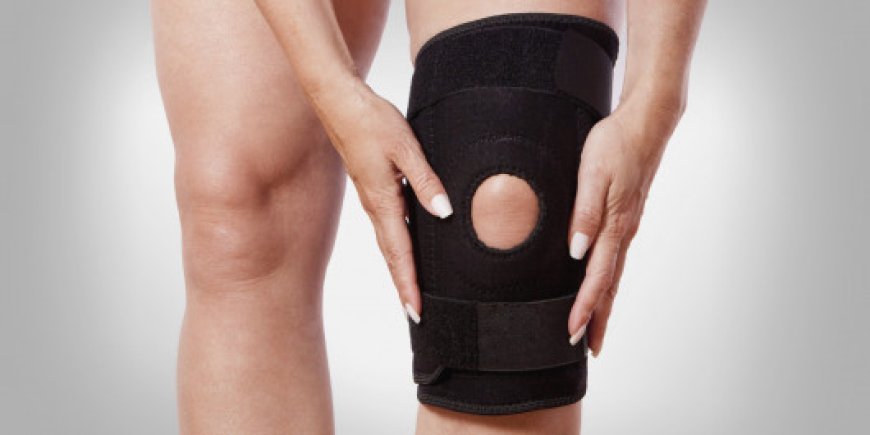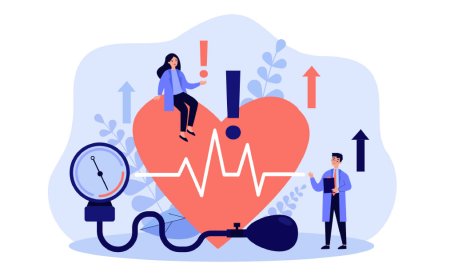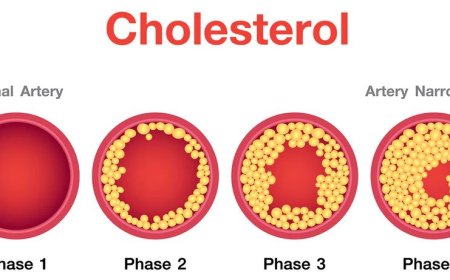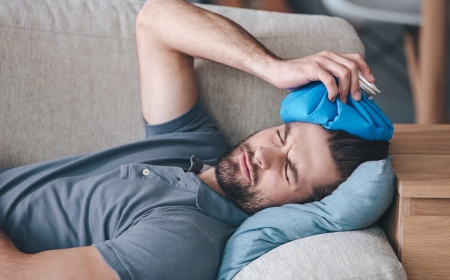Unstable Kneecap

Introduction:
Hello, young readers of India! Today, we are going to talk about a common but tricky problem that can affect anyone's knees, including kids like you. It's called an "Unstable Kneecap." So, let's dive in and explore what it is, how it happens, and what can be done to prevent it.
Signs and Symptoms:
When someone has an unstable kneecap, they might experience the following signs and symptoms:
- Feeling like the knee is going to "pop out" or buckle.
- Pain in the knee, especially while moving or walking.
- Swelling around the kneecap.
- The kneecap may move unusually or feel loose when touched.
What Is Unstable Kneecap?
The kneecap, also known as the patella, sits in front of the knee joint and helps it move smoothly. An unstable kneecap means that the patella doesn't stay in its proper place and can slide or shift around. It's like a puzzle piece that doesn't fit securely, making the knee feel wobbly and painful.
How Is Unstable Kneecap Classified?
Unstable kneecap can be classified into two main types: Subluxation and Dislocation.
- Subluxation: This is when the kneecap partially comes out of its normal position but goes back by itself.
- Dislocation: This is more severe, where the kneecap completely moves out of place and needs medical help to go back.
Causes and Triggers:
Several reasons can cause an unstable kneecap. Some of them are:
- Weak Muscles: If the muscles around the knee are not strong enough, the kneecap may not stay in place properly.
- Injury: A fall or hit to the knee can lead to an unstable kneecap.
- Improper Alignment: Sometimes, the way the bones are positioned can make the kneecap unstable.
- Genetics: It could also be due to some people having a natural tendency for loose kneecaps.
Risk Factors with Examples:
Certain factors increase the risk of an unstable kneecap. Here are some examples:
- Sports Enthusiasts: Young athletes who play sports like soccer, basketball, or gymnastics are more prone to knee injuries and instability.
- Growing Up: During your growth spurt, your bones and muscles may not be in perfect harmony, increasing the risk.
- Family History: If someone in your family had an unstable kneecap, you might be more likely to have it too.
Types of Unstable Kneecap:
As we discussed earlier, there are two types of unstable kneecap:
- Subluxation: This is like when the patella teases you by popping out slightly but then goes back by itself.
- Dislocation: This one is more serious, where the kneecap fully comes out and needs the doctor's help to go back in.
Diagnostic Tests and Treatments:
If you or someone you know has an unstable kneecap, doctors might perform some tests to understand the situation better:
- Physical Examination: The doctor will examine the knee and check how the patella moves.
- X-rays: This is a special picture of the knee bones to see if there are any problems.
- MRI or CT Scan: These tests give detailed images of the knee's soft tissues, like muscles and ligaments.
Treatments:
depend on the severity and individual situation:
- Physical Therapy: Doing exercises to strengthen the knee muscles can be very helpful.
- Bracing: Wearing a special brace can keep the kneecap in place during physical activities.
- Surgery: In more severe cases, doctors may need to operate to correct the alignment of the kneecap.
Complications of Unstable Kneecap and Prevention Techniques:
If left untreated, an unstable kneecap can lead to long-term problems like arthritis or chronic pain. But don't worry; there are ways to prevent it:
- Exercise Regularly: Engaging in activities that strengthen the leg muscles can keep the knee stable.
- Warm-Up Before Sports: Always warm-up your body before playing sports to avoid sudden injuries.
- Listen to Your Body: If your knee hurts during physical activity, take a break and don't push yourself too hard.
your knees are essential for all the fun and adventures you have. So, take good care of them, and if you ever feel any knee problems, don't hesitate to tell your parents or guardians. Stay active, stay healthy!
What's Your Reaction?


























































